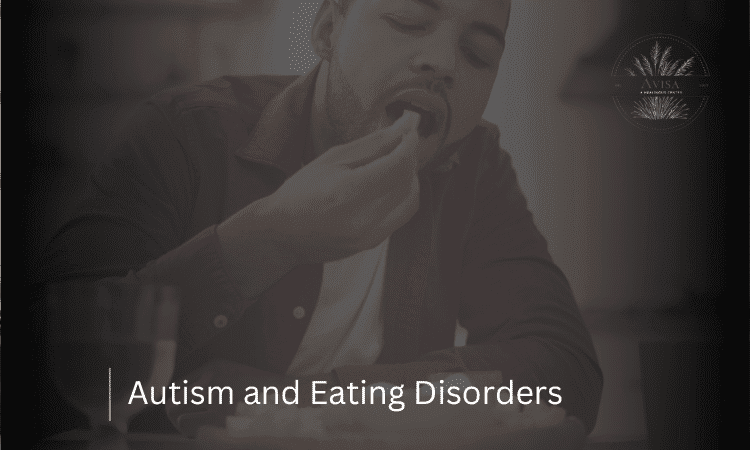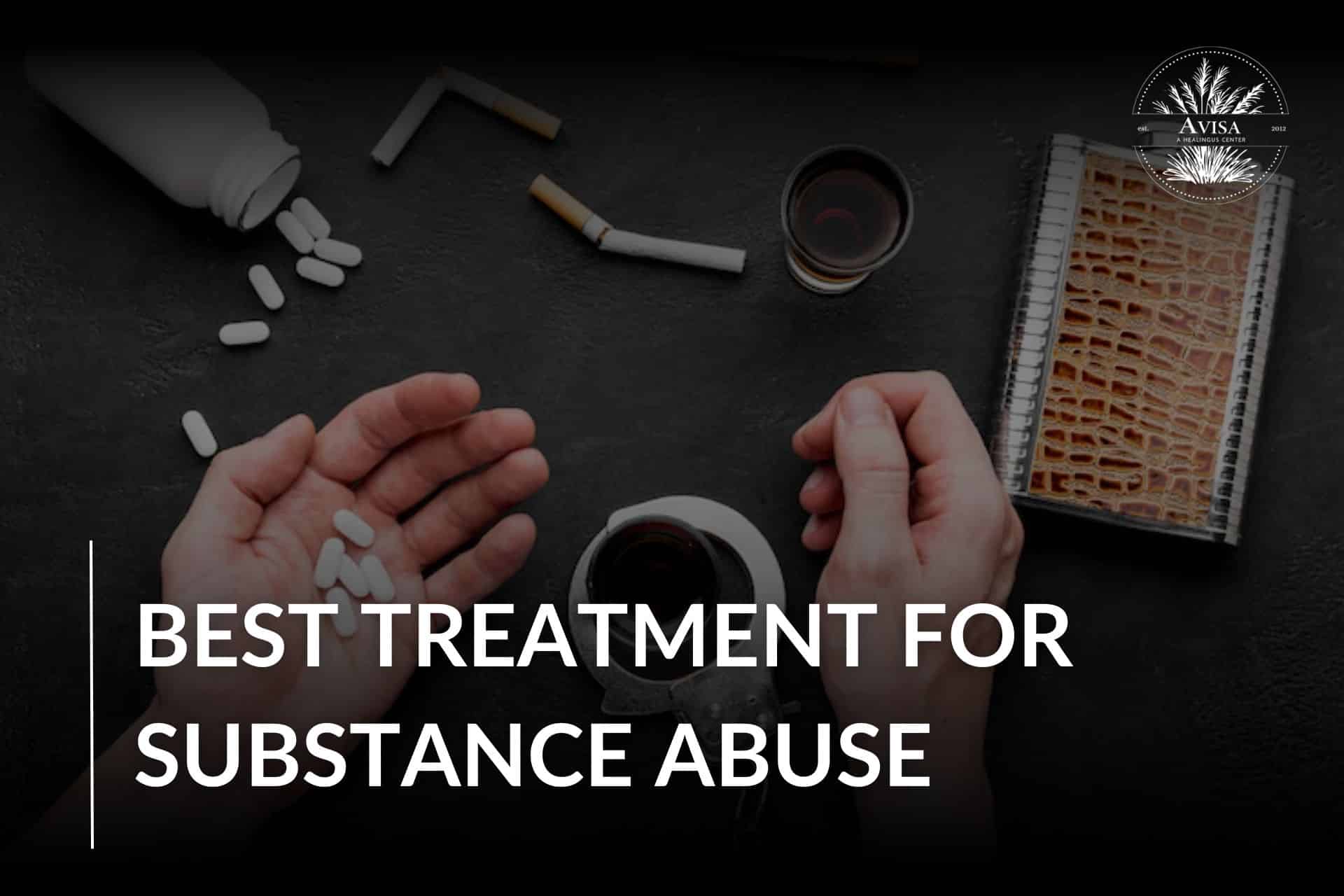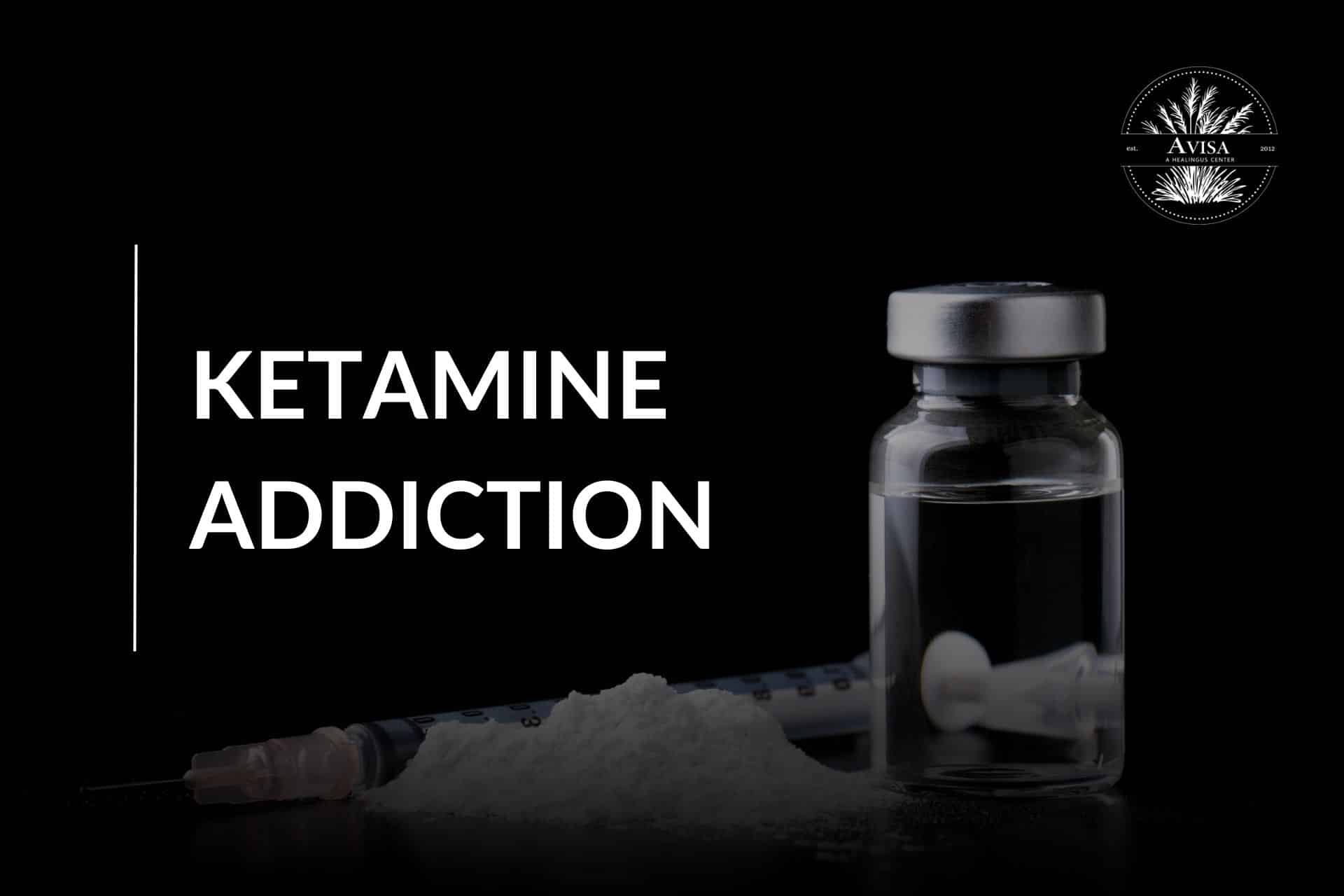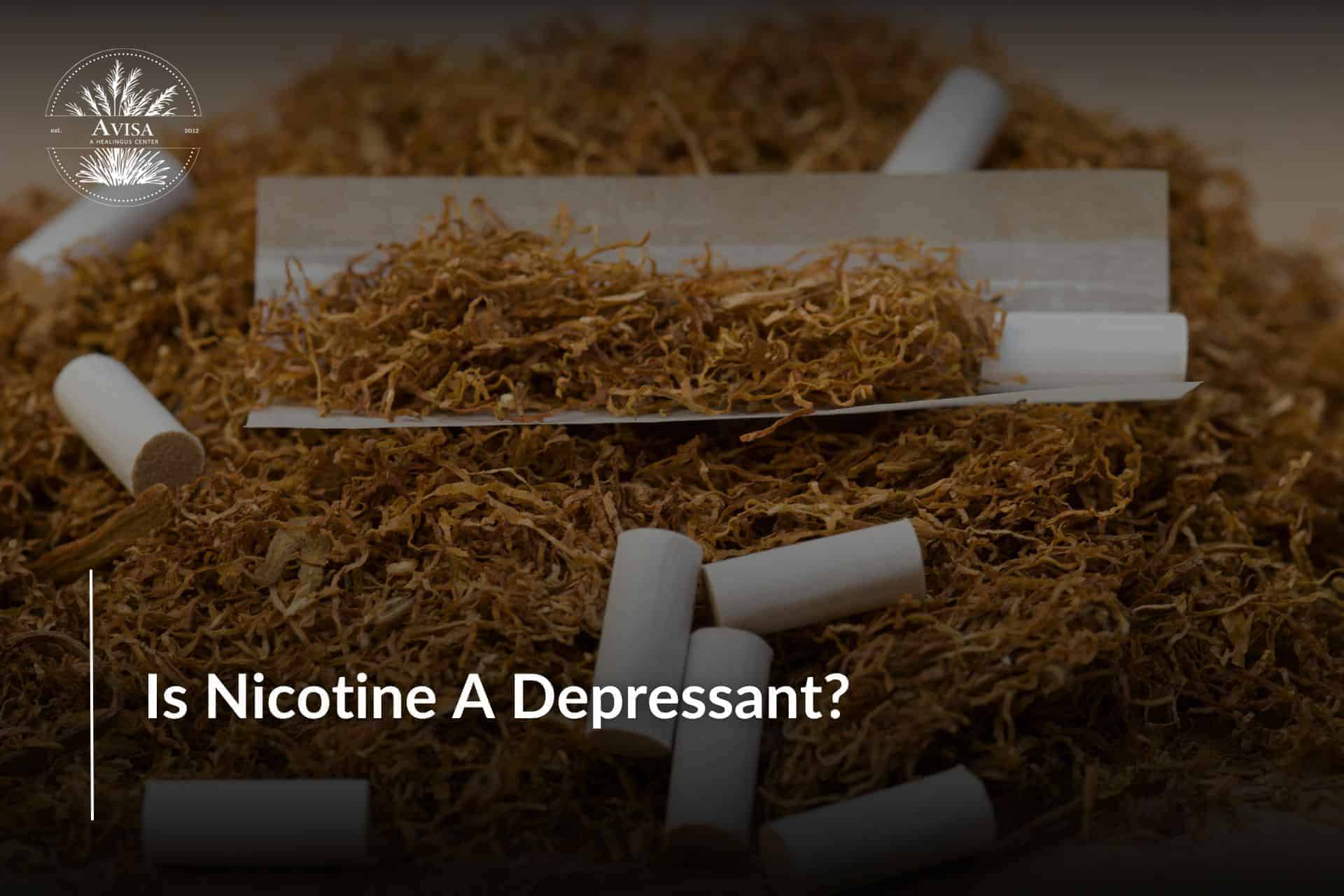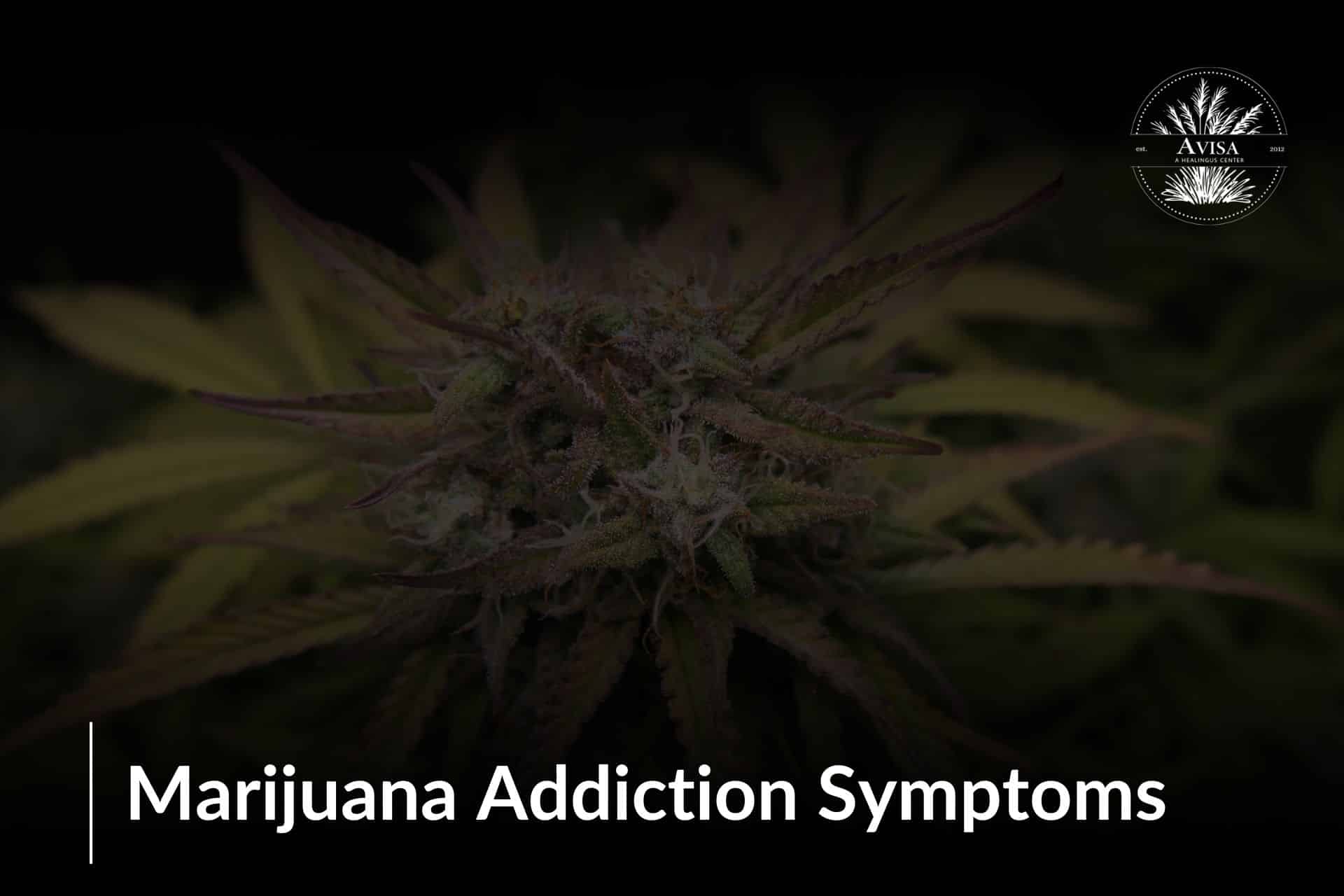If you find yourself grappling with a loss of control over substance use, it’s only natural to have a multitude of concerns. Individuals trapped in the throes of addiction often feel helpless against the sway of drugs and alcohol, which can reshape the brain’s functions, skew priorities, and distort one’s perspective. The encouraging news is that there exist clear-cut strategies to surmount addiction that are accessible to everyone. This blog helps us with the steps to overcome addiction comprehensively.
Navigating the Path to Recovery: Can You Triumph Over Addiction?
Addiction recovery takes on a unique form for each person, influenced by personal encounters, triggers, and various contextual elements. Nonetheless, there are shared principles in the journey to sobriety. The initial phase of recovery is challenging, but as you progress, you’ll amass courage, resilience, and a sense of accomplishment for the strides you make.
Both drug addiction and alcoholism are chronic conditions, implying the absence of a definite cure. Those grappling with these conditions must adopt fresh behaviors and actively concentrate on deploying coping mechanisms that don’t involve substances.
Understanding addiction: What is addiction and how does it affect individuals?
Addiction is a complex disease that affects individuals from all walks of life. Whether it’s alcohol, drugs, or even a behavioral addiction like gambling, the effects can be devastating. Addiction is characterized by compulsive drug use or behavior despite negative consequences. It changes the brain, making it difficult to control impulses and causing intense cravings.
Addiction can have a profound impact on physical, mental, and emotional well-being. It can lead to deteriorating health, strained relationships, and financial ruin. Understanding the nature of addiction is the first step towards recovery. By learning about how addiction affects the brain and behavior, individuals can gain insight into their struggles and pave the way for a better future.
The impact of addiction: Exploring the physical, mental, and emotional consequences of addiction.
Recognizing the signs of addiction in oneself or someone else is crucial for early intervention. Addiction often starts slowly, with occasional use or engagement in the addictive behavior. Over time, however, it can escalate and take control of an individual’s life. Some common signs of addiction include:
1. Increased tolerance: The need for larger amounts of the substance or behavior to achieve the desired effect.
2. Withdrawal symptoms: Experiencing physical or emotional discomfort when the substance or behavior is withheld.
3. Loss of control: Being unable to stop or moderate the use of the substance or engagement in the behavior.
4. Neglecting responsibilities: Prioritizing the substance or behavior over work, school, relationships, or other important obligations.
5. Failed attempts to quit: Making several unsuccessful attempts to quit or cut back on the substance or behavior.
6. Continued use despite negative consequences: Persisting with the substance or behavior despite experiencing negative physical, mental, or social consequences.
If you or someone you know exhibits these signs, it may be time to seek help and take the necessary steps towards recovery.
Recognizing the signs of addiction: How to identify if you or someone you know is struggling with addiction.
Acknowledging the problem and seeking help is often the most challenging but necessary step in overcoming addiction. It takes courage to admit that you need assistance, but remember that you don’t have to face this battle alone. There are numerous resources available to support you on your journey to recovery.
Start by reaching out to a trusted friend or family member who can provide emotional support and guidance. They can help you navigate the next steps and connect you with professional help if needed. It’s important to remember that addiction is a medical condition, and seeking professional treatment is crucial for long-term recovery.
There are various treatment options available, including:
1. Inpatient rehabilitation: A residential program that provides comprehensive care and support in a structured environment.
2. Outpatient programs: Less intensive than inpatient rehab, these programs offer therapy and support while allowing individuals to continue with their daily lives.
3. Counseling and therapy: Individual or group therapy sessions can help individuals understand the underlying causes of their addiction and develop coping strategies.
4. Medication-assisted treatment: When appropriate, medication can be prescribed to help with withdrawal symptoms or reduce cravings.
Remember, seeking help is not a sign of weakness; it’s a sign of strength and a crucial step towards a healthier, happier life.
The cycle of addiction: Understanding the stages of addiction and how it can be perpetuated.
Overcoming addiction is a journey that requires commitment, perseverance, and a multidimensional approach. While the path to recovery may vary for each individual, some essential steps and strategies can be universally beneficial. Let’s explore some of these steps in more detail.
1. Acceptance and Commitment
Accepting that addiction is a problem and committing to change is the foundation for recovery. It’s essential to recognize the negative impact addiction has had on your life and the lives of those around you. This acceptance provides the motivation and determination to overcome the challenges ahead.
2. Detoxification and Withdrawal
For many substances, detoxification is the first step towards recovery. It involves removing the addictive substance from the body and managing withdrawal symptoms. Detoxification should always be conducted under medical supervision to ensure safety and comfort.
3. Therapy and Counseling
Therapy and counseling play a vital role in addressing the root causes of addiction and developing healthy coping mechanisms. Cognitive-behavioral therapy (CBT) is often used to help individuals identify and change negative thought patterns and behaviors. Group therapy provides support and a sense of community, allowing individuals to learn from others who are going through similar challenges.
4. Building a Support Network
Building a support network is crucial for long-term recovery. Surrounding yourself with positive influences, such as supportive family members, and friends, or participation in support groups like Alcoholics Anonymous (AA) or Narcotics Anonymous (NA), can provide the encouragement and accountability needed to stay on track.
5. Healthy Coping Mechanisms and Self-Care
Developing healthy coping mechanisms and practicing self-care is essential for maintaining sobriety. Engaging in regular exercise, practicing mindfulness and meditation, adopting healthy eating habits, and finding hobbies or activities that bring joy and fulfillment can all contribute to a balanced and fulfilling life.
6. Relapse Prevention
Relapse is a common part of the recovery process, but it doesn’t have to be the end of the journey. Developing a relapse prevention plan is essential for identifying triggers and implementing strategies to avoid relapse. This may involve staying away from environments or individuals that may tempt you, attending regular therapy or support group meetings, and having a strong support system in place.
Here are some steps you can follow to overcome addiction:
While you can’t walk this path alone, the ultimate responsibility for your recovery rests with you. Medical professionals within rehabilitation facilities offer unwavering support and guidance, equipping you with the necessary tools for sustained sobriety. Presented here are the steps you should consider to regain control and conquer addictive behaviors.
1. Acknowledge the Issue at Hand
Nearly all experts concur that acknowledging the presence of a problem is pivotal for recovery. This revelation need not precede entering rehab for everyone. Numerous individuals seek rehab under legal orders or familial pressure. Therapists and care providers are skilled at helping clients recognize the need for assistance. If you or a loved one aren’t quite there yet, don’t worry.
Denial is a close companion of addiction, as it allows you to justify your behavior by sidestepping the harsh realities of its consequences. Without a true understanding of the harm your actions cause, it’s difficult to fathom why you should halt a behavior that exerts such a strong hold.
2. Grasp the Mechanics of Substance Abuse
A significant obstacle for many is the widespread denial found in addicted individuals—an inability to fully grasp the grave repercussions of psychoactive substances on the mind and body.
Consuming alcohol is legally permissible, and many individuals partake without jeopardizing their health. However, for those grappling with alcoholism, distinguishing themselves from social drinkers becomes a daunting task.
Drug users might understand the illegality of substance consumption but might not be fully aware of the profound damage these substances inflict on the brain’s reward system. The recovery journey entails confronting the long-term consequences of substance abuse.
3. Seek Counseling for Substance Use Disorders
In addition to learning about substances, individual counseling, and group therapy are vital tools for achieving sobriety. Everyone’s trajectory into addiction is unique, and comprehending the “why” behind your actions enables you to better cope with emotions or stressors that trigger substance use.
For some, peer pressure and exposure exert a more significant influence on addiction development than traumatic experiences. Counseling remains instrumental in preventing relapses and cultivating healthier habits.
4. Identify Triggers and Develop Coping Strategies
Therapeutic interventions dedicate a significant portion of their focus to recognizing triggers and establishing effective coping mechanisms. Triggers encompass situations, emotions, and thought patterns that prompt substance use cravings. Examples include criticism, rejection, anxiety, guilt, and shame.
Counselors aid in recognizing and labeling emotions, enabling you to anticipate situations that could trigger substance use. Gradually, you’ll amass coping strategies to counter these emotions and redirect the urge for substance use.
An essential coping mechanism involves confiding in loved ones about your emotions. Suppressing negative feelings may breed resentment and anger, hindering resolution. Expressing these emotions lessens their power and fosters problem-solving.
5. Change Lifestyle for Lasting Recovery
The ultimate stride in the recovery journey involves adopting enduring lifestyle changes that bolster a sober existence. Below, we outline effective methods for maintaining mental and physical well-being and thwarting relapse.
6. Open Dialogues with Loved Ones
As previously mentioned, expressing your feelings is pivotal in the recovery process. Many grappling with addiction internalize the notion that their emotions are inconsequential. By confiding in trustworthy individuals and embracing vulnerability, you alleviate the burdens of anger, pain, and guilt.
7. Balanced Diet and Regular Exercise
Diet and physical activity wield substantial influence over recovery. Excessive consumption of processed foods, alongside inadequate intake of fruits and vegetables, can compromise mental health. Similarly, neglecting daily physical activity can disrupt hormonal balance, amplifying cravings’ potency.
8. Sustained Support and Therapy
Former rehab participants should engage in therapy and support groups for at least two years, often extending throughout life. Addiction delves deep into the psyche, necessitating an extended period to rewire mental circuits and diminish the prominence of cravings.
Ongoing mental health support is indispensable for conquering addiction.
Get Professional Assistance for Addiction Recovery Today
The most conducive environment for overcoming addiction lies within a rehabilitation center, where experts guide you through the process. For further information, reach out to our Avisa Recovery, Ocean County rehabilitation center at 732-236-7234.



